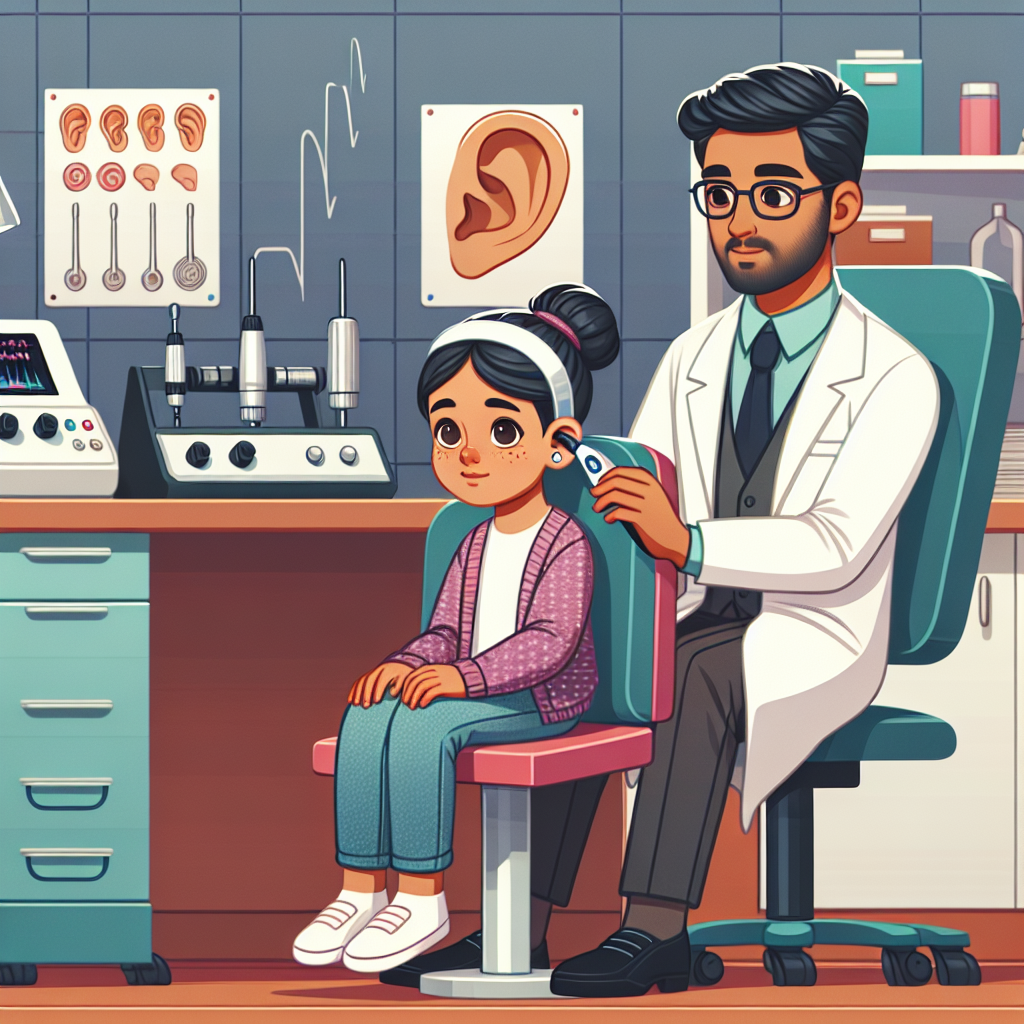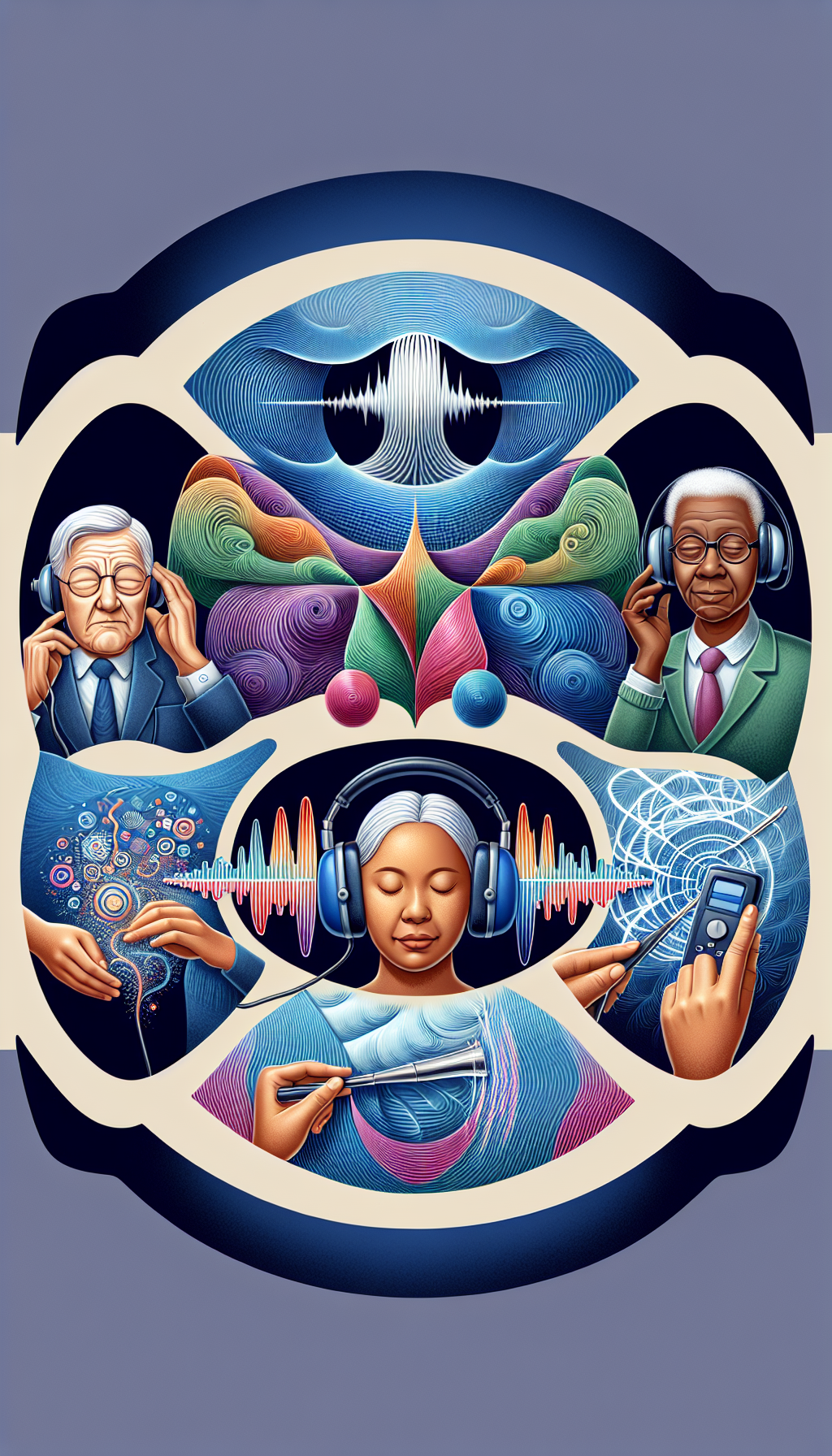Auditory Processing Disorder (APD), also known as Central Auditory Processing Disorder (CAPD), is a complex problem affecting about 5% of school-aged children and also present in adults. It is not a result of higher order cognitive, language, or related disorders, but rather, it is a deficiency in the way the brain processes auditory information. Individuals with APD often do not recognize subtle differences between sounds in words, even when the sounds are loud and clear enough to be heard. This can significantly impact daily life, affecting everything from social interactions to academic performance.
Understanding Auditory Processing Disorder
APD can manifest in a variety of ways, and its symptoms can be mistakenly attributed to other conditions like Attention Deficit Hyperactivity Disorder (ADHD), learning disabilities, and even behavioral issues. It is important to distinguish APD from these conditions, as the strategies for support and management can differ substantially.
People with APD may have difficulty with one or more of the following:
- Understanding speech in noisy environments
- Following complex oral instructions
- Distinguishing between similar sounds
- Remembering oral information
- Learning to read and spell
- Maintaining focus on auditory tasks
For a more comprehensive understanding of sensory health, which includes auditory processing as a critical component, readers can explore Sensory Health.
The Impact on Daily Life
The challenges of APD extend into various aspects of daily life. Here are a few areas where individuals with APD may struggle:
Social Interactions
Social gatherings can be overwhelming for someone with APD due to the presence of background noise and multiple speakers. This can lead to miscommunications and frustration, impacting personal relationships and social development.
Academic Challenges
In an educational setting, children with APD may have trouble following lectures and engaging in classroom discussions. As a result, they often require strategies for supporting sensory needs in the classroom, which can include preferential seating, assistive listening devices, and tailored teaching methods.
Workplace Difficulties
For adults, APD can pose challenges in the workplace, where the ability to process verbal information accurately is often crucial. Difficulty in participating in meetings, misunderstanding instructions, or being easily distracted by ambient sounds can impact job performance and opportunities for advancement.
Emotional and Behavioral Effects
The ongoing challenges and misunderstandings associated with APD can lead to frustration, low self-esteem, and social withdrawal. It’s essential to recognize and address these emotional aspects, as highlighted in the article on the role of sensory input in emotional regulation.
Diagnosis and Management
Diagnosis of APD typically involves a multi-disciplinary team approach. Audiologists perform a series of specialized tests to assess auditory processing abilities. However, it’s crucial to rule out other disorders that may present with similar symptoms.
Once diagnosed, management strategies may include:
- Auditory training exercises
- Environmental modifications
- Use of assistive listening devices
- Educational accommodations
- Skills training in organization and problem-solving
For practical advice on adapting one’s living space, the article on sensory friendly home renovation tips can be a helpful resource.
Supportive Technologies and Resources
Recent advancements in technology have provided new tools and resources for individuals with APD. These include applications that filter background noise, specialized headphones, and computer programs designed to improve auditory discrimination skills.
Here are some niche, high-quality resources for further reading and support:
- The American Speech-Language-Hearing Association: ASHA
- The National Coalition on Auditory Processing Disorders: NCAPD
- Hearing Health Foundation’s insights on APD: Hearing Health
Emerging Trends in Treatment and Support
The field of sensory health care is continually evolving with new insights and treatment modalities. One such trend is the use of sensory integration techniques, which help individuals with APD improve the way their brain processes auditory information through structured sensory activities.
For professionals and caregivers seeking to understand the latest trends, the article on emerging trends in sensory health care provides valuable information.
Conclusion
Living with Auditory Processing Disorder presents unique challenges that can permeate every aspect of life. However, with proper diagnosis, management strategies, and the use of supportive technologies, individuals with APD can lead full and productive lives. As awareness and understanding of APD continue to grow, so too will the resources and support available to those affected and their families.
Recognizing the impact of APD and seeking appropriate support are the first steps towards overcoming its challenges. With continued research and the development of innovative solutions, the future holds promise for improved quality of life for those with Auditory Processing Disorder.



